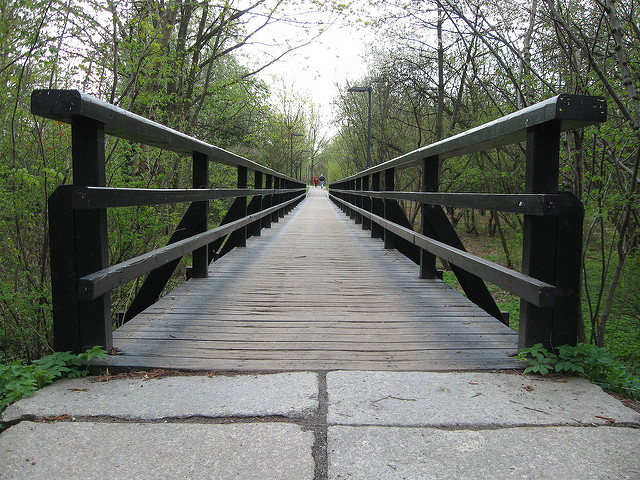
Originally published Sept. 28, 2016
Arlie Russell Hochschild, professor emerita at the University of California, Berkeley, spent five years in Louisiana to explore why many Americans with lower incomes, in states receiving more government funding than most, embrace politicians pledging to cut that funding. It’s called “the red-state paradox,” and Louisiana is a prime example. It’s one of the poorest states, receives 44% of its funding from the government, and it supported Donald Trump in the primary.
Hochschild recently talked with Wisconsin Public Radio, detailing her findings that, for many Louisiana conservatives, policies bringing the disadvantaged forward often make them feel like they are being pushed back. Hochschild uses a metaphor of waiting in a long line winding up a steep hill, saying,
“You have worked your butt off. And you’re waiting in line for this American dream, and you notice suddenly that somebody is butting in front.”
Those who are suspicious of government policies like affirmative action see minorities, women, immigrants, and refugees as being permitted to cut in line by President Obama himself. For someone in an impoverished state, sending their children to some of the worst schools in the nation, and facing an incredibly low life expectancy, this doesn’t look like progress. The government is not seen as their ally, nor are the folks calling them “uneducated ignorant southerners” when they protest. Listening to their real stories, rather than leaning on such stereotypes, is how Hochschild crosses an “empathy bridge” in order to understand those supporting the controversial candidate.

Comments 5
tony in san diego — September 28, 2016
This does not answer the question of why they elect their own governors and legislators to screw themselves over and make their states unlivable.
g — September 29, 2016
Yes it does. If the government is only gonna help "the other guy," then they vote in people who promise less government.
Additionally, the voters for local and state positions are very different than people who vote in presidential elections. That is, more people vote in presidential and a specific type of person is more likely to vote in other ones.
Last, voting conservative sometimes may lead to a partisan identity. Therefore, when it comes to voting for a legislator or mayor or judge, it saves energy to just pick the candidate who says they're conservative.
TP — September 30, 2016
One can begin to empathize with anti-intellectuals because of lack of or inferior education, but the "Red State Paradox" really is all about racism and that is a bitter pill for liberals to swallow. Few Trump supporters will admit racism is a determinant but there is no other motive for supporting an unhinged platform against their own self interests. Racism is strong and difficult to empathize with.
Britta — October 3, 2016
Also, it's been shown that many people who make use of government benefits (particularly things that don't involve the government directly putting money into people's pockets, like Medicare and various tax credits, but it happens with food stamps and TANF, too) don't think of the assistance they themselves receive as being "government benefits".
Rebecca — February 12, 2017
Has it occured to anyone that people actually like to work. They like to feel productive and earn a steady paycheck. Has it occured to anyone that the reasons people voted for trump is because they want to work and not be on welfare they want to stop abuse of not having jobs available.Trump promised people more jobs to be less dependant on welfare. I believe this is one reason why people support him.